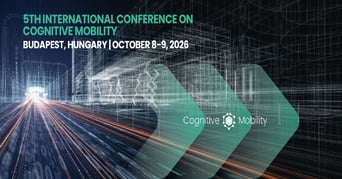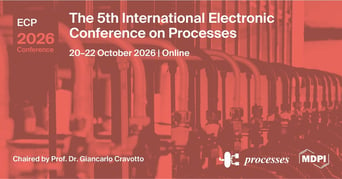- 2.5Impact Factor
- 5.5CiteScore
- 17 daysTime to First Decision
News & Conferences
Latest News & Announcements
Latest Conferences
Propose a Conference Collaboration
Promote and publicise your upcoming conference with MDPI.
All News & Conferences
News & Announcements
Applied Sciences Exceptional Reviewers List 2025
3 March 2026
News & Announcements
MDPI INSIGHTS: The CEO’s Letter #32 - MDPI China and Thailand, China Science Daily, 1,000 Partnerships, R2R
28 February 2026
News & Announcements
Meet Us at the 73rd JSAP Spring Meeting 2026, 15–18 March 2026, Tokyo, Japan
25 February 2026
News & Announcements
Interview with Dr. Raluca Mihaela Ivan—Winner of the Applied Sciences Travel Award
25 February 2026
News & Announcements
MDPI Virtual Academic Publishing Workshop (New Harvest), 25 February 2026
20 February 2026
News & Announcements
MDPI’s Open Access Program Reaches 1,000 Institutions Worldwide
18 February 2026
News & Announcements
Applied Sciences Exceptional Reviewers List 2025
11 February 2026
Partner Conference
The 5th International Conference on Cognitive Mobility
8 - 9 October 2026
News & Announcements
Meet Us at the International Workshop on Antenna Technology 2026, 25–27 March 2026, Liverpool, UK
5 February 2026
News & Announcements
Acknowledgment to the Reviewers of Applied Sciences in 2025
5 February 2026
MDPI Conference
The 5th International Electronic Conference on Processes
20 - 22 October 2026
News & Announcements
Applied Sciences Webinar | Innovations in Autonomous Driving and Vehicle Intelligence, 5 February 2026
3 February 2026
of 51












